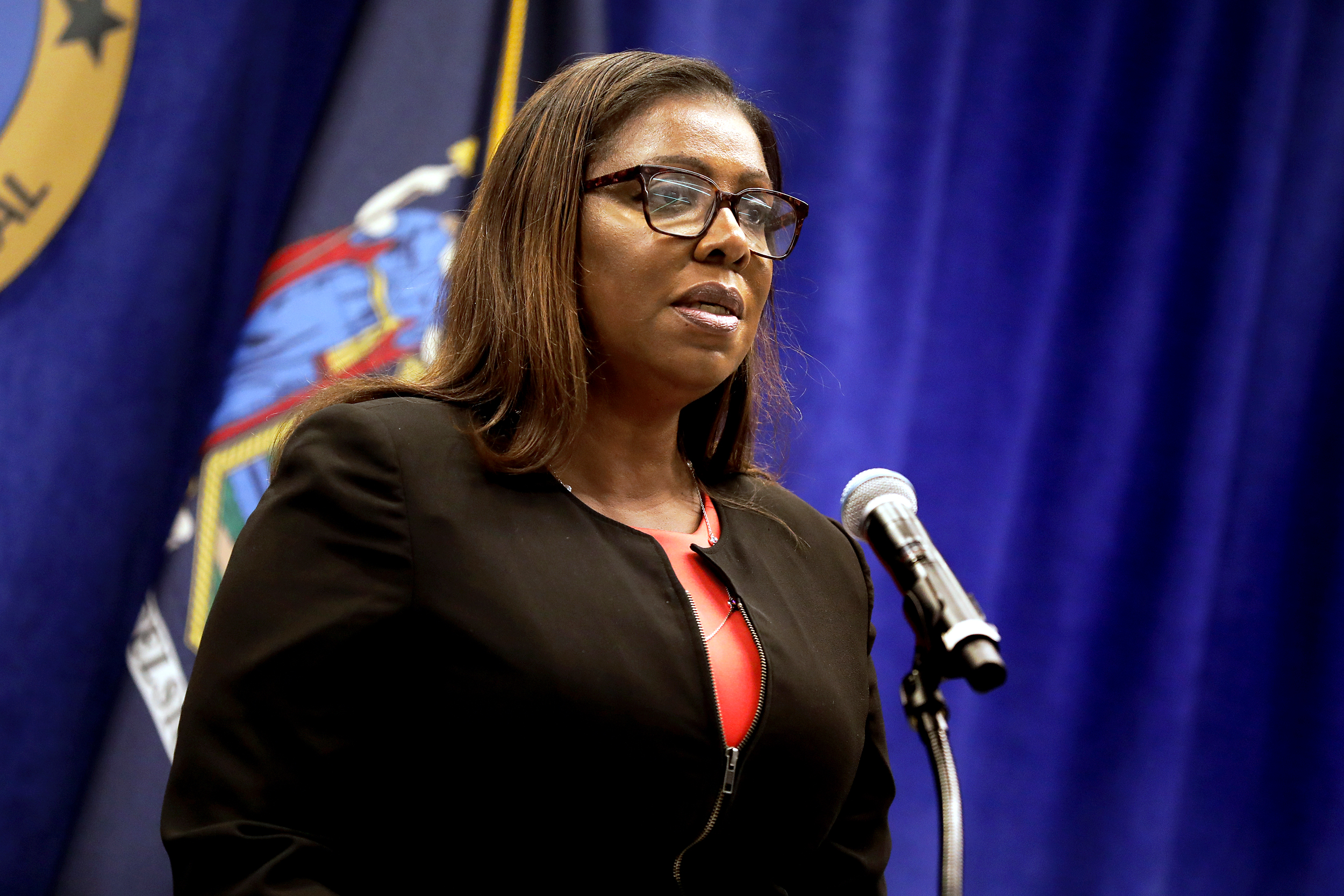
We all love to sing along to India Irie’s “ I am not my hair” and it holds true, we are not just our hair, but the reality is, a black woman’s hair tells a story. It is interconnected to who we are, and what we’ve been through. It’s no secret that racism has existed in the United States since our country’s inception; along with that came race-based hair discrimination against black women. In the late 1700s, free African-Americans began to move to New Orleans due to the increase in economic opportunities. This increase in the black population led to an increase in interracial relationships between black women and white men. During this time, many black and Creole women adorned their hair with accents such as beads and jewels, which made them stand out from white women and attracted the attention of white men. As a result, Don Esteban Miró, the colonial governor of Louisiana, established the Tignon Laws of 1786 which required Creole women to wear “tignons” or head coverings in public. This law was instituted to not only quell white men’s attraction, but to lessen black women’s societal status.
Toward the end of the 19th and beginning of the 20th century, many black women began styling their hair in a manner that signified middle class status. Madam C.J. Walker created the opportunity for black women to have straightened hair by becoming the first black female millionaire; she improved the hot comb and created black hair care products. Because black women were often ridiculed for their natural hair texture at this time, it is clear that Walker’s inventions provided an avenue for some sort of societal acceptance.
Fast forward to the 1960s, many black women began wearing their natural hair again. During the Civil Rights Movement, sporting an afro became an act of resistance and a form of standing in solidarity with the black community. The Civil Rights Act of 1964 ended segregation in public places and banned employment discrimination but it did not directly address race-based hair discrimination in the workplace.
In 2018, black Americans spent nearly nine times more on hair care, about $473 million total, than their non-black counterparts. Currently, we are in a second wave of the natural hair movement that encourages black women to stop manipulating their hair with chemicals or excessive heat and understand how to manage and healthily style their hair. Despite the sense of pride that black women have developed over the recent years, it has not prevented the discrimination that they face at work, school, and in many other public places because of their hair. The fact that natural black hair and protective styles are not regarded as professional, perpetuates the racist stereotype that black hair is unkempt and uncleanly and it forces black women to blend in with the Eurocentric standards of appearance, in order to earn a living. Unfortunately, black women are 1.5 times more likely to be sent home from the workplace because of their hair and 80% times more likely to have to change their hair from its natural state to fit in at their workplace.
For a long time, there were no nationwide federal laws that protected against hair discrimination; however, one promising solution changed that fact. The CROWN Act (Creating a Respectful and Open World for Natural Hair Act) prohibits race-based hair discrimination, “which is the denial of employment and educational opportunities because of hair texture or protective hairstyles including braids, locs, twists or bantu knots.” These prohibitions are manifested in statutory protections in state Employment, Housing, and Education Codes. At first, California was the only state to enact the CROWN Act as a law. However, New York, Washington, Virginia, Maryland, New Jersey, and Colorado have followed California’s steps in passing this legislation.
Just this month, the CROWN Act was passed by the U.S. House of Representatives, which would prohibit hair discrimination nationwide. The federal bill will now advance to the U.S. Senate. This is long overdue and the fight is not over, but this marks a significant moment in the movement towards ending discrimination across the country.
https://www.thecrownact.com/about
By Citizen SHE Law Clerks Makala Graves, Rebecca Desta, and Chanelle Johnson



